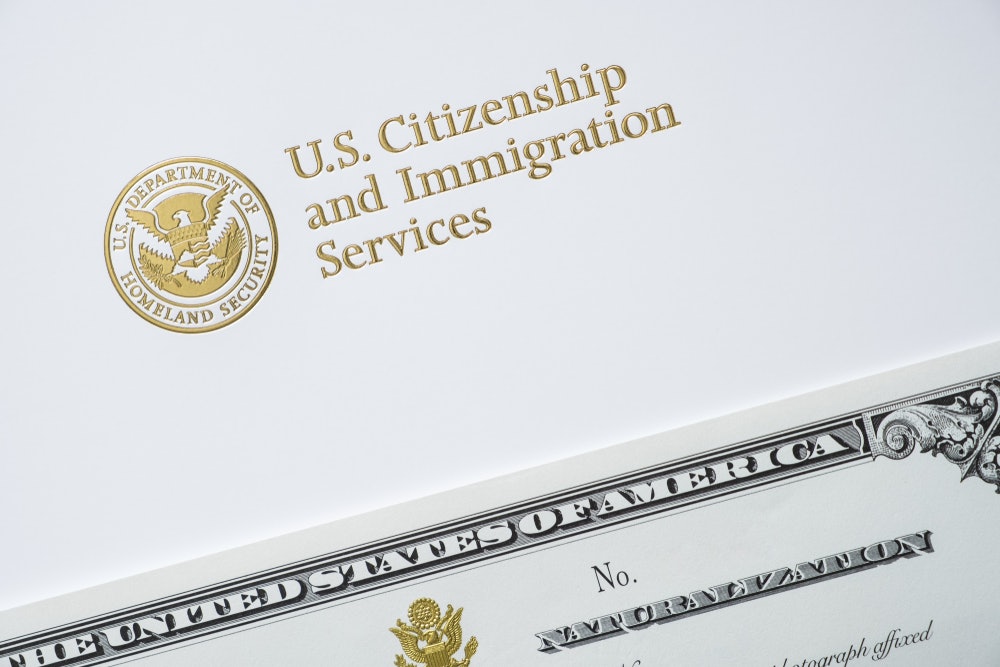We must recognize that immigrants admitted due to a familial relationship or a diversity visa are also important contributors to our economy.
America’s immigration system is heavily weighted towards reuniting families. Unlike other developed economies, such as Australia, New Zealand, and Canada, we allocate a mere seven percent of green cards to immigrants based on their skills. The system needs to be reformed to meet our economic needs, but not exclude our great tradition of family-based immigration. We must recognize that immigrants admitted due to a familial relationship or a diversity visa are also important contributors to our economy.
In America’s Advantage: A Handbook on Immigration and Economic Growth, we show how America’s immigration population as a whole contributes to the U.S. economy. For example, immigrants with a bachelor’s degree provide a net benefit of approximately $307,000 to government coffers over their lifetimes, and immigrants with an advanced degree provide some $765,000. Recent immigrants are more likely to have college and advanced degrees than native-born Americans.
Recently, the immigration policy conversation has changed. Discussions about the diversity visa and temporary protected status (TPS) are more common and heated. Instead of discussing how to bring in more immigrants based on skill, proposals focus on eliminating nearly every category of family-based visa and only allow in immigrants who merit a high enough score.
Proponents of eliminating the diversity visa, TPS, and most family visa categories argue that these immigrants are not the best and the brightest their home countries can offer and thus do not contribute enough to the U.S.
These arguments ignore the facts.
More than 320,000 immigrants from ten nations have temporary protected status allowing them to live and work in the U.S. Salvadorans are by far the largest group at around 200,000 TPS recipients. They are granted TPS because conditions in their home countries—from war or natural disaster—make it too dangerous for them to return. These immigrants are in the U.S. for circumstances beyond their control rather than their skills. Nevertheless, TPS recipients make important contributions to their communities and the economy.
A recent Center for American Progress study found removing Salvadoran, Haitian, and Honduran TPS holders would shrink the U.S. economy by $164 billion over ten years. For such a small population, this is a sizeable economic impact.
Along with shielding people from dangerous conditions, TPS also enables immigrants to send remittances home. Acting as a direct income subsidy to poor people and reducing the burden on the national government, freeing up resources for the government to help the United States with objectives like counternarcotics and counterterrorism, which in turn heightens the impact of foreign assistance from American taxpayers.
Immigrants who are admitted to the U.S. on diversity visas also positively contribute to the economy. The diversity visa requires applicants to have a minimum level of education or training. Applicants must have at least a high school diploma or two years of work experience in a field that requires two or more years of vocational training. The statistics on African immigrants are particularly enlightening in the debate over the diversity visa. While not all sub-Saharan African immigrants are on the diversity visa, a large share of them are admitted to the U.S. via this lottery.
The population of sub-Saharan African immigrants in the U.S. is approximately 1.7 million. A recent study of their economic impact by New American Economy finds that African immigrants “punch well above their weight in many respects”. African immigrants are more educated than the U.S. general population and more likely to earn a degree in science, technology, engineering and mathematics (STEM). They are more likely to work in healthcare than the average American, a field that will become even more important as the Baby Boomers age. They become green card holders and citizens at high rates, allowing them to fully participate in American life, and are politically engaged, voting at higher rates than other naturalized immigrant groups.
Skills-based immigration would allow the U.S. to recruit the workforce it needs more easily. Immigrants selected for their talents would likely contribute faster and earlier than other immigrants, accelerating the economic benefits of immigration as a whole. Indeed, the George W. Bush Institute advocates for increasing skills-based immigration.
This policy change does not need to be made by sacrificing these other methods of admission to the U.S. Joining your family member does not automatically make you a low skill immigrant. A country too dangerous for you to return to does not preclude you from contributing to your community. The diversity visa is utilized by many well-educated immigrants without another path to immigrate to the U.S.
The immigration reform debate should not be about what programs need to be eliminated. It should be about how we make the system work better for both the economy and the immigrants.






























